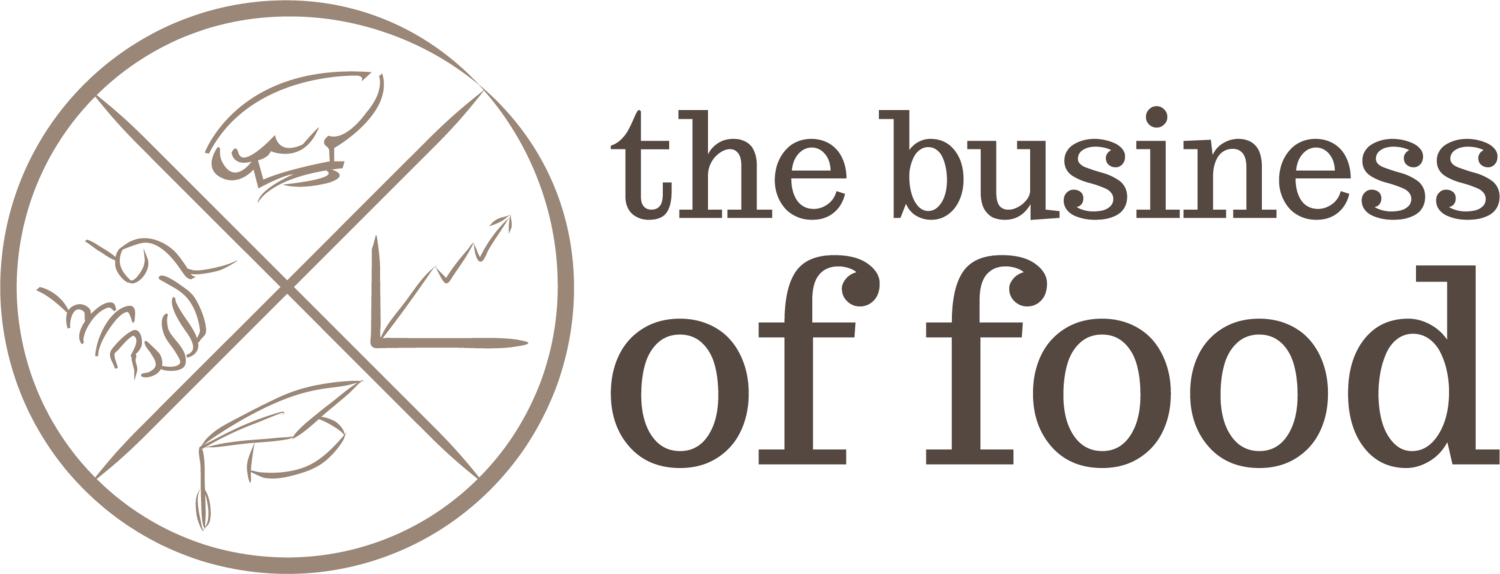What makes a great food business?
If you are thinking of launching a new food product into the retail market, understanding the basics will be a great step towards building a solid business foundation.
The business owner that understands how the four components of a new business intersect has the best chance at success. They are:
have a well defined target market
understand the problem your target market experiences
verify that the solution to their problem is your fabulous new food product
use the knowledge about your target market, their problem and your solution to develop a strategic and costed plan to make sure that your food business is viable, legal and scalable.
Most people develop a food product they would like to buy themselves, which means you are your own target market - sometimes making it easier to understand and reach. However, it can also blind you to what the market really wants.
It’s important as a business owner to thoroughly research your target market and not just rely on your personal assumptions. There will be nuances and variety among those who make up your customer segment and knowing how your product solves the problem for each of them creates empathy and trust.
Do you genuinely know the problem your target audience is experiencing? Your overall aim is to deliver an effective solution to their problem - that solves it better than your competitor(s) at a price point your target audience is willing to pay. During the development phase, test your product multiple times with your identified target market (not just friends and family), to get genuine feedback on all aspects of your product (price / taste / shelf life / packaging, etc). Your goal is to develop a product that customers buy over and over again, as a food business makes money by having repeat customer sales.
Once you have gathered and validated that research on your target audience, it’s time to bring it all together into a strategic plan. Document in detail how you plan to develop, produce, launch, and sell your product - yes, even before you’ve invested in production. This approach will make the path clearer for you and outline all potential risks, enabling you as a new business owner to make informed decisions. It also assists you identify the an appropriate business structure that matches your business goals.
For tips on how to prepare your strategic plan read our ‘planning for success’ blog. Remember it takes time to prepare this plan as it also includes develop risk management strategies as applicable to your type of food product. However, the time and consideration you take during this stage will enable buy-in from other stakeholders such as banks, investors and potential business partners.
With a strategic plan and business structure in place, you can move into product development, which takes a team of experts working with the business owner over 3-6 months. This phase includes: refining a commercial recipe; developing efficient production process; shelf life measure and test; consumer testing/validating your product with real customers; packaging and branding; costing production to understand your break even point and then setting a retail price. Get in touch if you need assistance to pull together an expert team to develop your product.
Once you have your product developed and completed prototype testing with your target market (and made any final tweaks), it is time to launch. This is when all the time you took with your business plan will come together as you move launching your new business and marketing your food product. Good luck!
It can be overwhelming setting up a new food business, especially if you are operating as a sole trader and/or have no partners. The Business of Food can assist you launch your food business in a variety of ways:
A structured 12 week program designed around your product and business goals, which includes: product development; packaging identification; food technology components for extending shelf life'; production efficiency; and scale-up advice
Identification of packaging, taking into consideration: form, function, convenience, processing methods, materials, volume, supporting shelf life, etc.
Referrals to other experts in Food Technology, Nutrition, and Laboratory testing, to assist with product/flavour development and/or nutrition and health claims
Referrals to partners experienced in working with start ups, for things like brand development, website development, marketing, or logistics and distribution
1:1 coaching sessions to assist you identify and then address key issues as you establish your new food business.
Click here for more information on our services, tell us about your plans by completing our questionnaire or call 0414 573 712 to discuss how we can work together.
